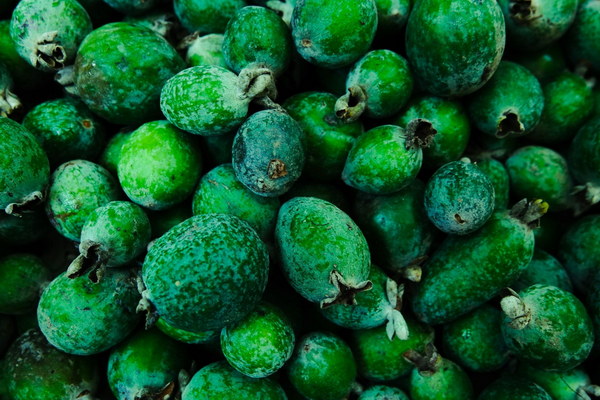Warm Up Your Winter Top Tips for Winter Supplements and Nutrition
As the cold winter months approach, many people start to feel the chill in their bones. The dropping temperatures can leave us feeling listless and run-down, but there's no need to hibernate during the season. By incorporating the right winter supplements and nutrition into your diet, you can keep your body warm and healthy. Here's everything you need to know about staying cozy and well-nourished during the winter season.
1. Vitamin D: The Sunlight Vitamin
Vitamin D is crucial for maintaining strong bones and a healthy immune system. During the winter, our exposure to sunlight is limited, which can lead to a deficiency in this essential nutrient. To combat this, consider taking a vitamin D supplement. Aim for a dosage of 400 to 800 IU daily, and check with your doctor if you have any concerns.
2. Omega-3 Fatty Acids: The Brain and Heart Helper
Omega-3 fatty acids are essential for heart health, brain function, and reducing inflammation. Foods rich in omega-3s include fatty fish, flaxseeds, chia seeds, and walnuts. However, if you're not a fan of these foods, you can also take omega-3 supplements. Aim for about 250-500 mg of EPA and DHA daily.
3. Vitamin C: The Immune System's Best Friend
Vitamin C is well-known for its immune-boosting properties. During the winter, it's more important than ever to keep your vitamin C levels up to fight off colds and flu. Citrus fruits, strawberries, and bell peppers are all excellent sources of vitamin C. If you're struggling to get enough, consider taking a supplement, but aim for no more than 2,000 mg per day.
4. Iron: The Energy-Boosting Mineral
Iron is essential for carrying oxygen throughout the body, which can help you maintain energy levels during the winter. Iron-rich foods include lean meats, poultry, fish, beans, lentils, and dark leafy greens. If you're at risk of iron deficiency, consider taking an iron supplement, but be sure to follow your doctor's advice and monitor your iron levels.
5. Magnesium: The Relaxation Mineral
Magnesium is a mineral that helps regulate your body's temperature, which can be beneficial during the cold winter months. It also helps to relax muscles, which can be especially helpful if you're prone to colds or flu. Foods rich in magnesium include almonds, cashews, spinach, and black beans. If you're not getting enough, consider taking a magnesium supplement, but consult your doctor first.

6. Ginger: The Warm and Soothing Spice
Ginger is a spicy root that has been used for centuries to help ward off colds and flu. It can also help warm you up from the inside out. Add ginger to your tea, smoothies, or soups for a soothing, warm flavor. You can also take ginger supplements, but be sure to follow the recommended dosage.
7. Probiotics: The Gut Health Heroes
Probiotics are beneficial bacteria that can help maintain a healthy gut. A healthy gut is essential for a strong immune system and overall well-being. Foods rich in probiotics include yogurt, kefir, sauerkraut, and kimchi. If you're not a fan of these foods, consider taking a probiotic supplement, but consult your doctor first.
By incorporating these winter supplements and nutrition into your diet, you can keep your body warm, healthy, and energized throughout the cold season. Remember to consult your doctor before starting any new supplement regimen and to maintain a balanced diet that includes a variety of fruits, vegetables, and whole grains. Happy winter!









